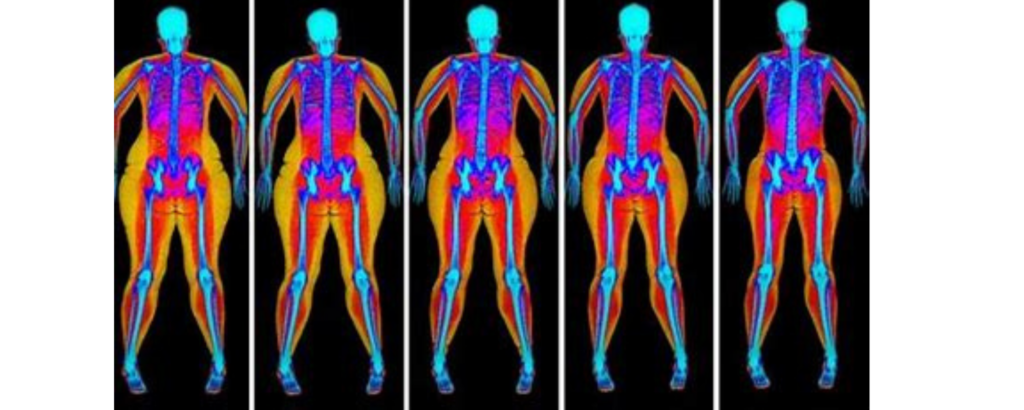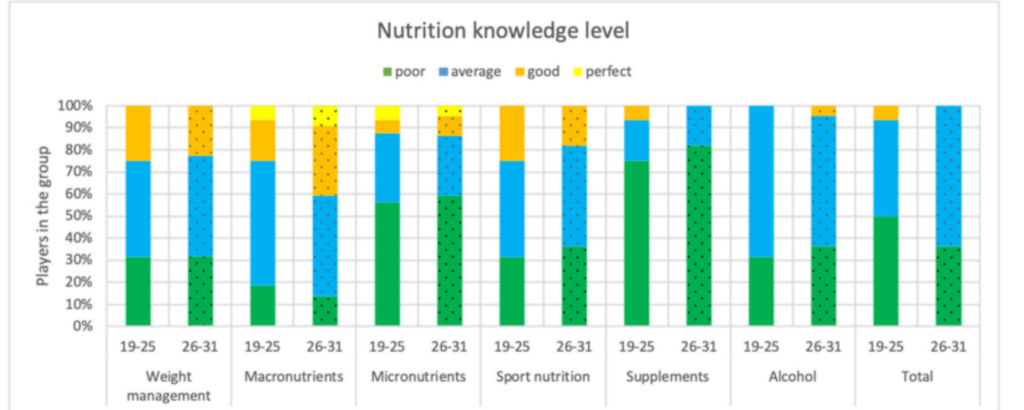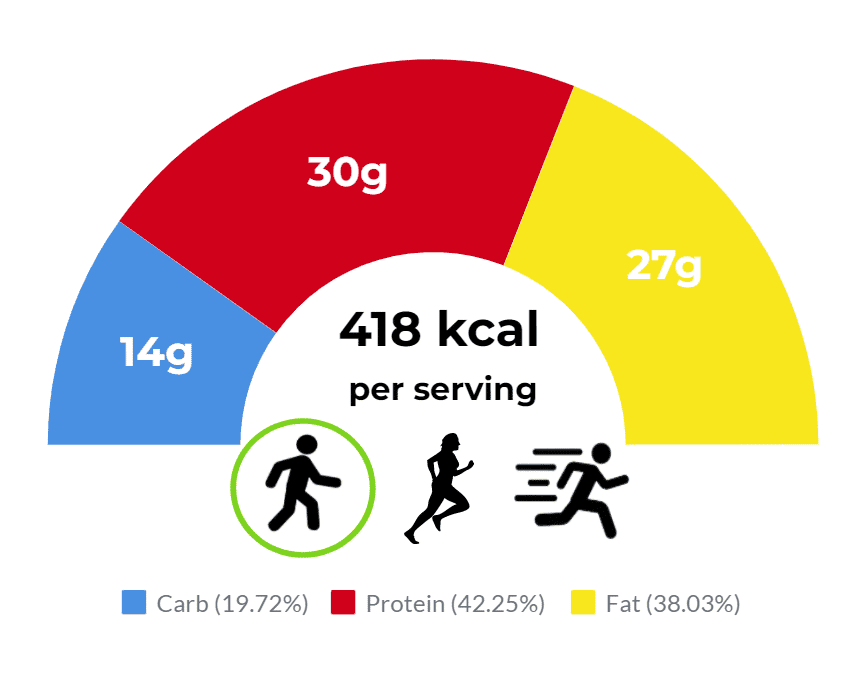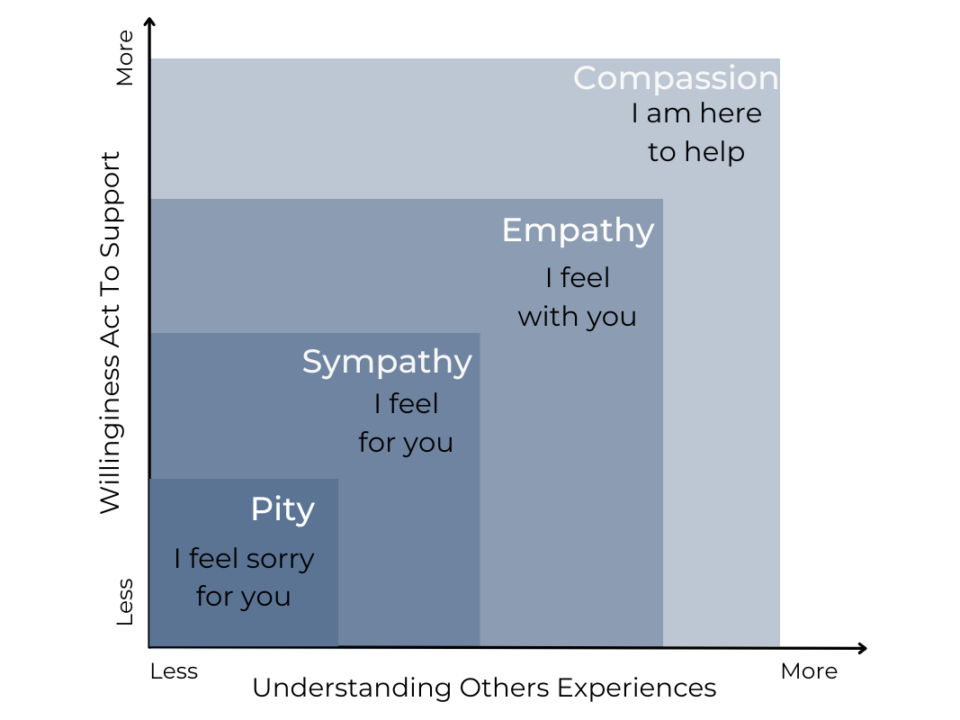Body Composition and Nutrition Knowledge
A discussion of the paper “The Assessment of Body Composition and Nutritional Awareness of Football Players According to Age” and some shared insights from our team on managing the practical challenges of body-composition for athletes. Here is a summary of the key points:
- People are often interested in knowing optimum weight without really understanding the importance of the ratio of fat mass to lean mass
- A person’s weight and body composition is highly individual
- Knowledge is a key determining factor for achieving and maintaining optimum body composition
- Athletes with higher nutritional knowledge are more likely to retain lean mass during a competitive season
Check out our full discussion on Youtube – Body Composition and Nutrition Knowledge Youtube

The fascination with weight
People are often fascinated by body composition. What weight are you? What weight do you think I should be? What is your percentage body fat? These are the questions that are often asked by people participating in sport, and indeed outside sport!. The answers of course are highly dependent on your genetics, your height and the goal you want to achieve? Comparing weight from one person to another is simply ludicrous! Each person has their own physical and physiological traits which will determine a weight and body composition that is only relevant to them. There are of course general reference ranges for athletes, which guide goal setting in various sports.
What is body composition?
Our weight or body composition, which is a better description because it asks the question, what is your body made up of or consisting of? That is the ratio of lean mass which includes muscle, organs and the skeletal system to fat mass which is distributed throughout the body. A person’s body composition is determined by genetics, gender, age and of course training and lifestyle. Determining optimum body composition is something that can take a great deal of expertise, it is not as simply as getting a measurement done and looking at reference values! A DXA scan is regarded as the gold standard of body composition assessment. Taking skinfold measurements using a skinfold calipers is regarded a highly useful cost effective method of getting reliable results. Other measurements include bioelectrical impedance assessment equipment ( BIA). These systems range significantly in accuracy and can be impacted by hydration status, hence strict protocols around measurement are important. The in-body scanner is now widely used and is suggested to predict body composition results within 2% of measurement error compared to a DXA scanner.

Fat mass vs lean mass
When you step on a weight scale the number you see is lean mass, fat mass, intestinal matter and water weight, which of course fluctuates depending on hydration status and food choices. While certainly relevant for markers of general health, (relevant to height, age and gender) it doesn’t give you feedback on the ratio of lean tissue to fat mass, which is really important for athletes to understand. Generally speaking, higher levels of lean mass and lower levels of fat mass are desirable for performance.

Lean mass – a currency for long term health and physical performance
A question I don’t often get asked because it’s never really discussed is what is your lean mass or muscle mass? That is despite higher retention of muscle mass being linked to a longer life, lower risk of disease and of course higher levels of physical performance in sport. In elite sporting environments, lean mass is measured by either a DXA scanner or by using a skinfold calipers. Lean mass is recognised as a clear indicator of performance and is strongly correlated to strength power injury risk. When working in team sport over the past decade measurement of lean mass at least 4 times over the course of the season was an important part of our feedback process to athletes. Generally it is in the pre season or preparatory phase of the season when the priority is development of lean mass. This is a process I am really keen to generate more awareness of through my various platforms.
Knowledge and body composition
One of the really important findings of this paper is that higher levels of nutrition knowledge are linked to better retention of muscle mass. The demands on the athlete will be determined by the phase of the season, off season, pre-season or ‘preparatory phase’, competition and in some sports there is a ‘transition phase’ which is a much reduced training stimulus, greater down time and no games.

(Staśkiewicz et al., 2023)
The researchers found:
- The general level of knowledge was described as sub-par
- Despite the widespread interest in sports supplementation the athletes in this study scored on average of 36% in nutrition knowledge of supplements
- A higher level of nutrition knowledge is associated with greater levels of muscle retention
- Higher levels of muscle retention supports performance outcomes and reduces the risk of injury
Key recommendations from the daveynutrition team
- Body-composition assessment is a fundamental strategy for athletes participating in competitive sport to provide feedback on training and nutrition practices
- Interpretation of the body-composition data and providing evidenced based recommendations, must be delivered by a qualified and experienced professional
- Highly individualised feedback must be provided to athletes based on their results, their sport, gender, goal and age
If you would like to learn more about our services and support packages for improved body composition please contact us by email at lauren@daveynutrition.com
References
Staśkiewicz, W., Grochowska-Niedworok, E., Zydek, G., Grajek, M., Krupa-Kotara, K., Białek-Dratwa, A., Jaruga-Sękowska, S., Kowalski, O. and Kardas, M. (2023). The Assessment of Body Composition and Nutritional Awareness of Football Players According to Age. Nutrients, [online] 15(3), p.705. doi:https://doi.org/10.3390/nu15030705.







